The turn of a new year brings with it several changes for MedChemComm and our Editorial Board.
Some members of the Editorial Board have reached the end of their terms as Editorial Board members and so have retired from their roles.
As of the 1st January 2015, Professor Gerhard Ecker, Dr David Rees, and Dr Uli Stilz have retired from the Editorial Board.
We would like to take this opportunity to thank David, Gerhard and Uli for all of their contributions to the journal over the past several years. Their invaluable input into the journal, since its launch in 2010, has been greatly appreciated.
We are pleased to say all three are keen to continue their support of MedChemComm and have accepted positions on our Advisory Board effective immediately. We look forward to continuing our relationship with them in their new roles.
 Prof. Gerhard Ecker |
 Dr David Rees |
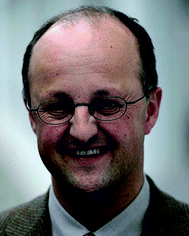 Dr Uli Stilz |
Some new faces will be joining the team and more details on exactly who these are will be released shortly – so watch this space!











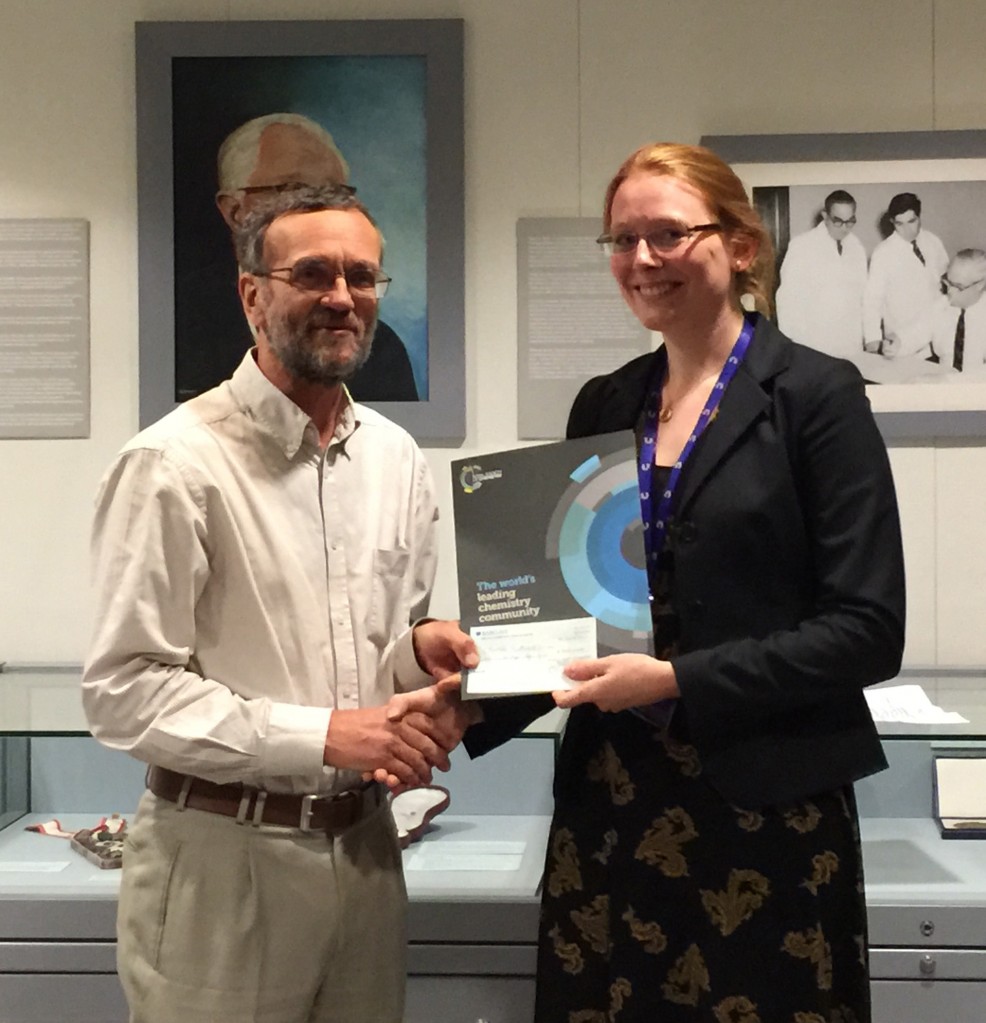
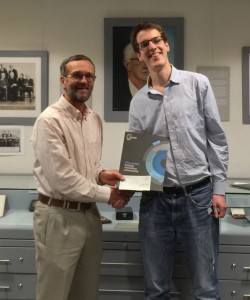

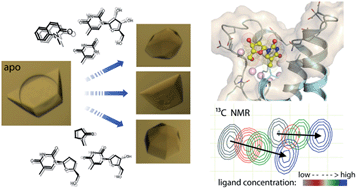
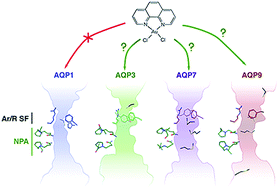
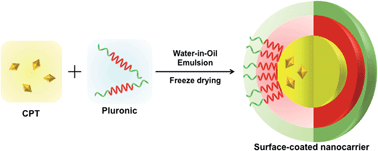
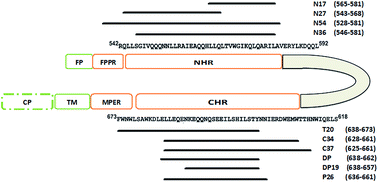
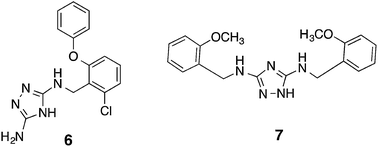
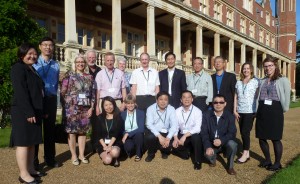
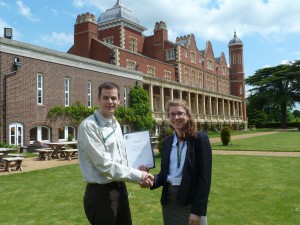
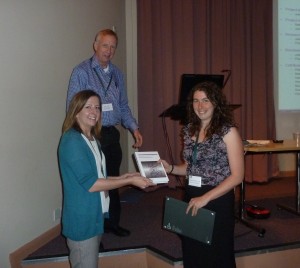

 Corday-Morgan Prize 2014 Winner
Corday-Morgan Prize 2014 Winner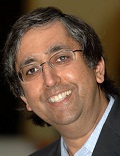 Rita and John Cornforth Award 2014 Winner
Rita and John Cornforth Award 2014 Winner Harrison-Meldola Memorial Prize 2014 Winner
Harrison-Meldola Memorial Prize 2014 Winner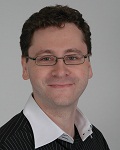 Norman Heatley Award 2014 Winner
Norman Heatley Award 2014 Winner Jeremy Knowles Award 2014 Winner
Jeremy Knowles Award 2014 Winner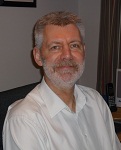 George and Christine Sosnovsky Award in Cancer Therapy 2014 Winner
George and Christine Sosnovsky Award in Cancer Therapy 2014 Winner